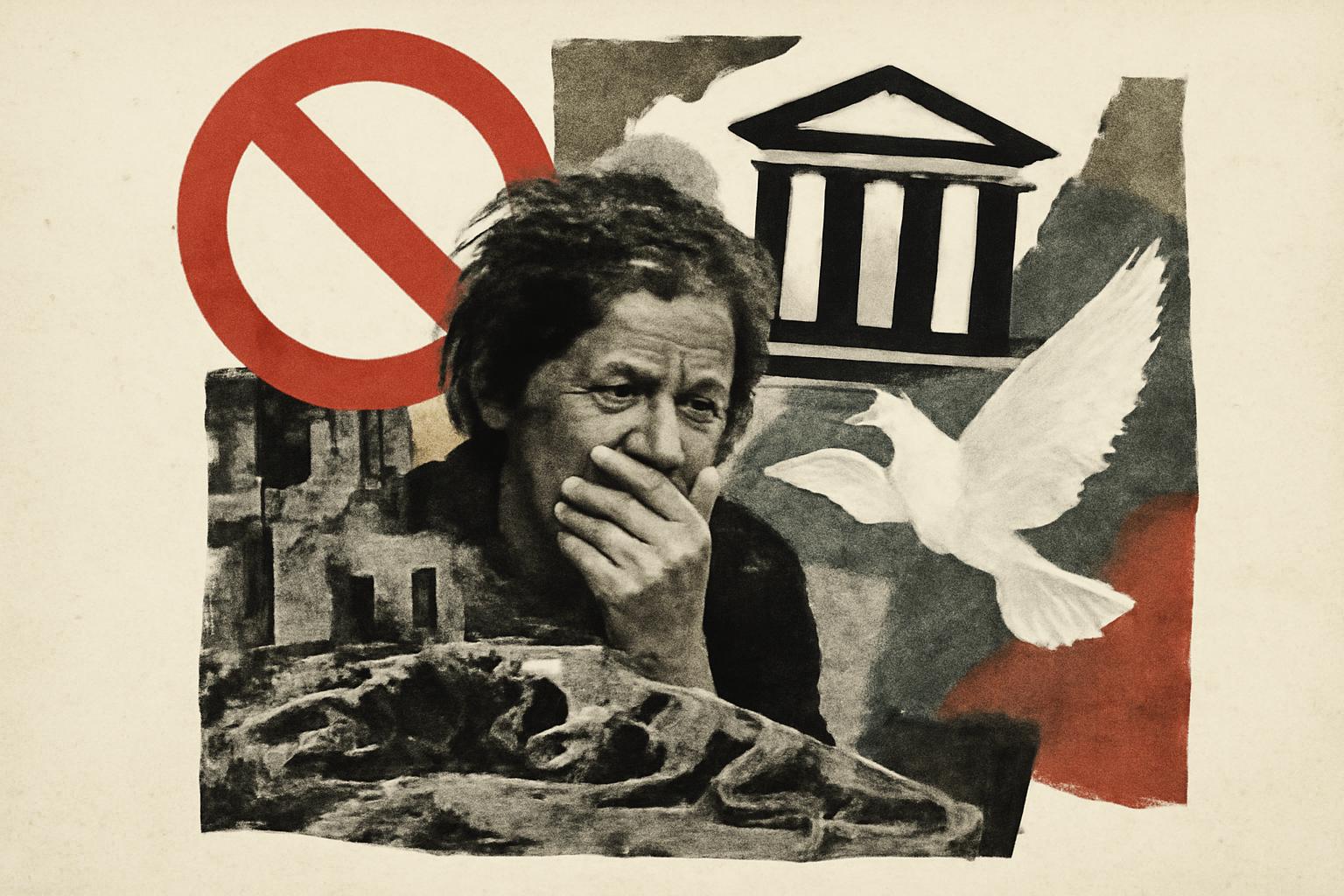This entire situation is a stark and revolting demonstration of why the state, especially in its most militarized and bureaucratic forms, should never be trusted with human lives or welfare. Here we see the consequences of government management of borders, distribution, and—most fundamentally—coercive control over people’s movements and property. Human tragedy is not a side effect; it is the natural result of central planning, war waged from palaces, and control handed to bureaucrats instead of left in the hands of free individuals.
Hayek warned relentlessly that centralized knowledge is always inadequate: no panel of generals, foreign ministers, or international agencies can understand and respond to local needs as swiftly and accurately as free people acting in their own interests. Here, airdrops—literal top-down charity—scatter resources wildly, wastefully, and inefficiently, with resources often ending up in the Mediterranean. The market, even in the midst of desperation, tries to emerge as goods appear on the black market. The fact that the strongest seize the aid, while the most vulnerable get nothing, is precisely what happens when property rights and voluntary exchange are replaced by brute force and chaos—both products of government control and government-created scarcity.
Nozick’s Anarchy, State, and Utopia insists that the only justifiable state is a minimal one—that is, if we must endure a state at all, its only function is to prevent force, theft, or fraud. Here, the state is the primary aggressor: it blocks movement, creates famine, shoots at civilians. The very idea that any government, especially an occupying one, should act as the arbiter of who receives aid is an abomination. This is not justice, not protection—it’s state violence masquerading as order. The only ethical solution is to abolish these barriers, open all borders, and let individuals, charities, and markets deliver aid where it’s needed, without interference.
Ayn Rand would be disgusted at this obscene spectacle of human suffering created by altruist-statist “solutions.” She championed the individual’s absolute right to life and voluntary action. What we witness in Gaza is the opposite: individuals stripped of agency, treated as pawns and statistics by the authorities that claim to be their protectors. The forced dependency, the humiliating scramble for state-controlled handouts, the destruction of free exchange and self-responsibility—this is what statism always yields. Real benevolence—Rand’s properly self-interested charity—is rendered impossible when all means of production, movement, and trade are choked by government.
The answer is not one more roundtable in Berlin, another “corridor” negotiated by diplomats, or another drop from state-funded planes. The answer is radical: abolish control, recognize all borders as artificial constraints on liberty, respect property rights, and let voluntary networks—whether individuals, associations, or real charitable organizations—do what the state will never do: act with humanity and efficiency. The ongoing catastrophe is not a failure of logistics. It is the inevitable result of statism. Tear down the walls—literal and legal—and let free people save themselves and one another.
